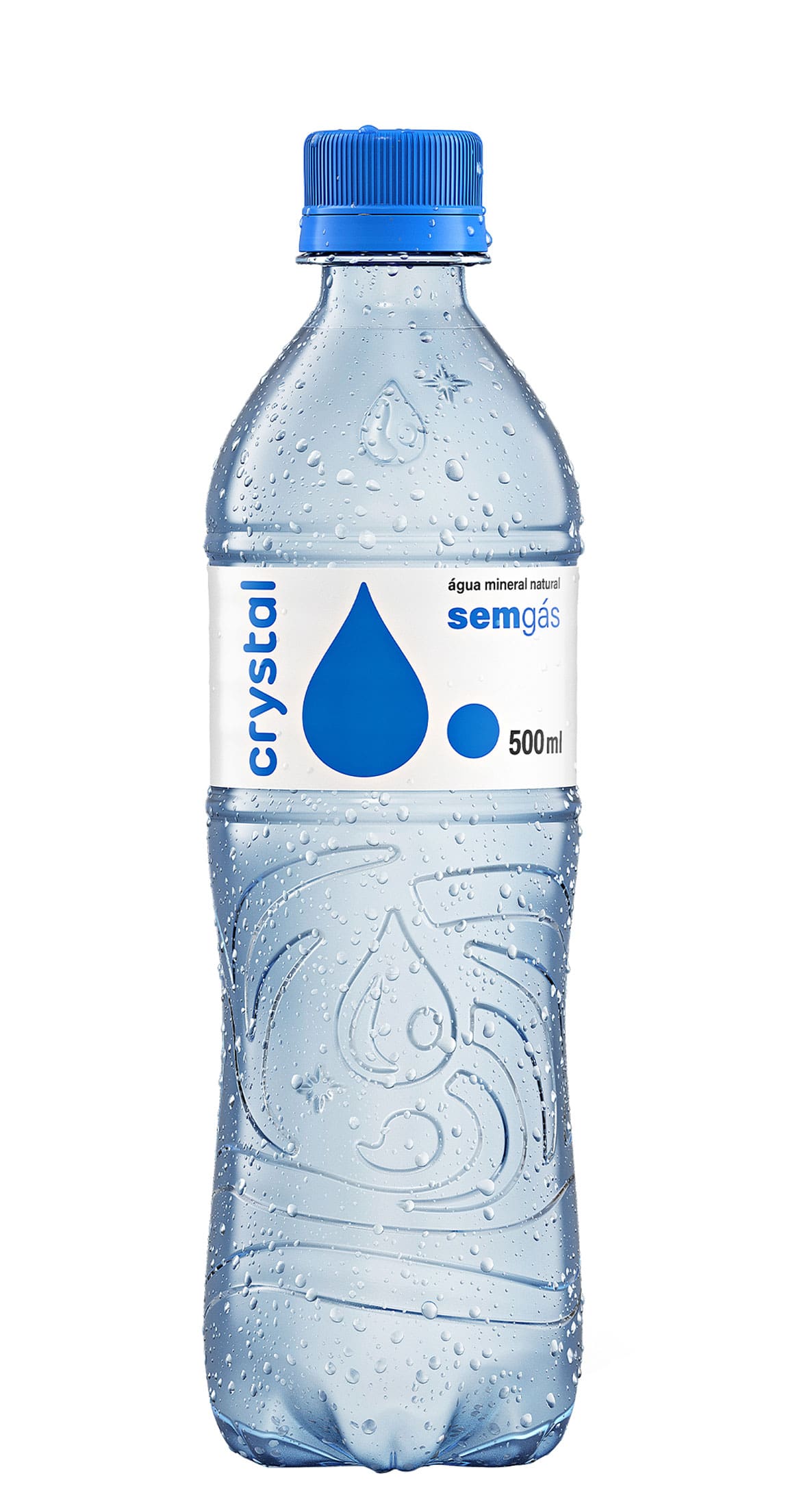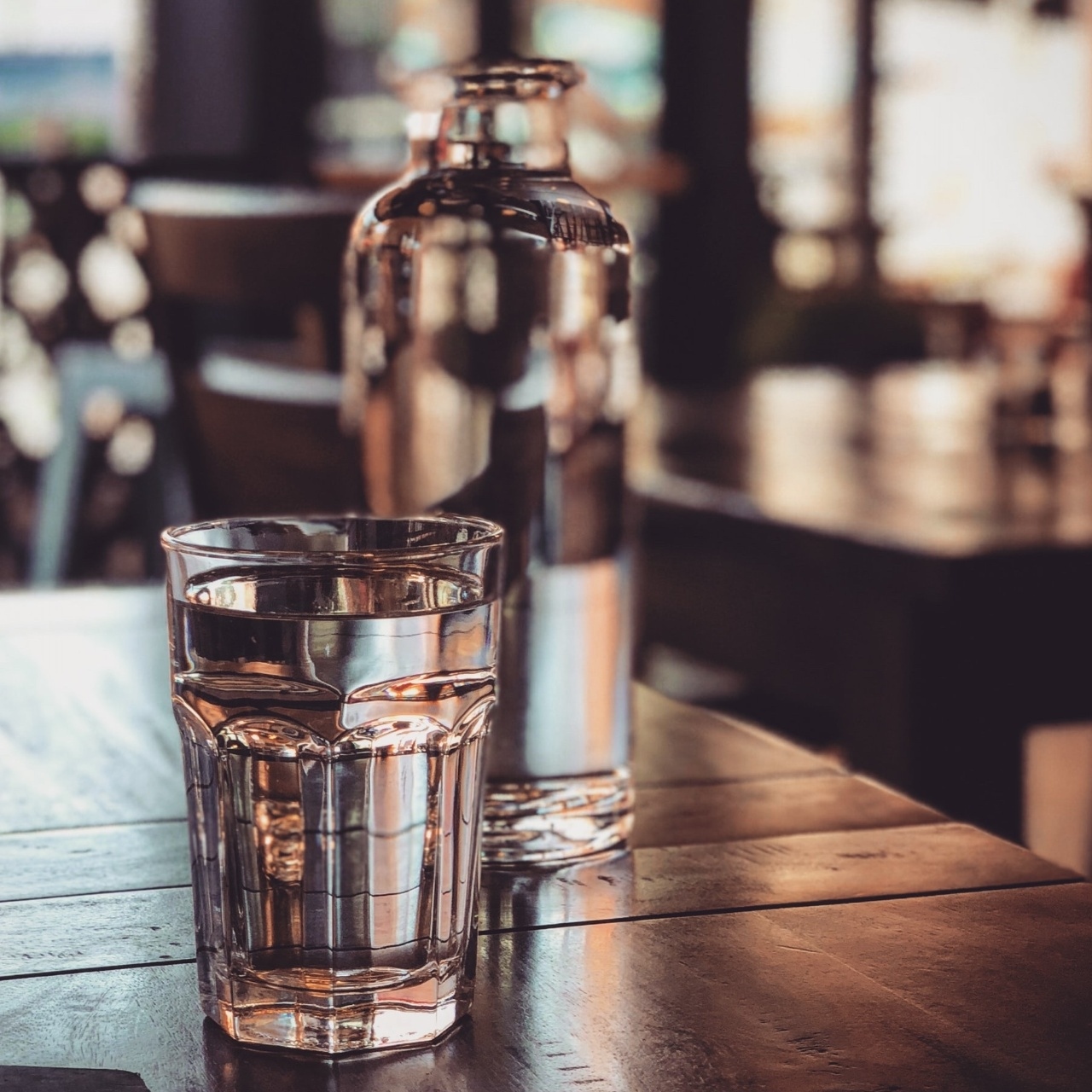Amazon
10 Filtro De Agua Tips: Ultimate Purification Guide

Introduction to Water Filtration

The importance of clean drinking water cannot be overstated. With the rise of water pollution and contamination, it has become essential to have a reliable water filtration system in place. In this ultimate guide, we will explore the 10 Filtro De Agua Tips to help you achieve the best possible water purification for your home or office. Whether you are looking to remove impurities, improve taste, or protect your health, this guide has got you covered.
Understanding Water Filtration Systems

Before we dive into the tips, it’s crucial to understand the different types of water filtration systems available. These include:
- Activated Carbon Filters: Effective against chlorine, lead, and volatile organic compounds (VOCs)
- Reverse Osmosis (RO) Filters: Removes dissolved solids, bacteria, and viruses
- Ultraviolet (UV) Filters: Kills bacteria, viruses, and other microorganisms
- Ceramic Filters: Removes bacteria, viruses, and parasites
- Ion Exchange Filters: Removes heavy metals and other inorganic compounds
Tips for Effective Water Filtration

Here are the 10 Filtro De Agua Tips to ensure you get the best out of your water filtration system:
- Choose the Right Filter: Select a filter that addresses your specific water concerns, whether it’s taste, odor, or contaminants.
- Regular Maintenance: Replace filters regularly to ensure optimal performance and prevent bacterial growth.
- Monitor Water Quality: Regularly test your water for contaminants and adjust your filtration system accordingly.
- Consider the Flow Rate: Choose a filter that can handle your household’s water demands without sacrificing performance.
- Look for Certifications: Ensure your filter meets international standards, such as NSF or WQA certification.
- Understand the Filter’s Limitations: Know what your filter can and cannot remove, and adjust your expectations accordingly.
- Install Correctly: Follow the manufacturer’s instructions for installation to ensure proper function and prevent leaks.
- Store Filtered Water Properly: Use clean, sanitized containers to store filtered water and prevent re-contamination.
- Be Mindful of Filter Lifespan: Replace filters before they reach the end of their lifespan to prevent decreased performance.
- Combine Multiple Filtration Methods: Consider using multiple filtration methods, such as a combination of activated carbon and RO filters, for optimal results.
Comparing Water Filtration Systems

The following table compares the different types of water filtration systems:
| Filter Type | Effective Against | Lifespan | Maintenance |
|---|---|---|---|
| Activated Carbon | Chlorine, lead, VOCs | 6-12 months | Replace cartridges |
| Reverse Osmosis | Dissolved solids, bacteria, viruses | 2-3 years | Replace membranes |
| Ultraviolet | Bacteria, viruses, microorganisms | 1-2 years | Replace lamps |
| Ceramic | Bacteria, viruses, parasites | 6-12 months | Replace cartridges |
| Ion Exchange | Heavy metals, inorganic compounds | 1-2 years | Regenerate resin |

💡 Note: Regular maintenance is crucial to ensure the effectiveness and longevity of your water filtration system.
Conclusion and Final Thoughts

In conclusion, achieving effective water filtration requires a combination of choosing the right filter, regular maintenance, and proper installation. By following the 10 Filtro De Agua Tips outlined in this guide, you can ensure your water filtration system provides clean, safe, and healthy drinking water for you and your loved ones. Remember to stay informed about your water quality, and don’t hesitate to seek professional advice if you’re unsure about any aspect of your filtration system.
What is the most effective type of water filtration system?

+
The most effective type of water filtration system depends on your specific needs and water quality. However, a combination of activated carbon and reverse osmosis filters is often considered the most effective.
How often should I replace my water filter?

+
The frequency of replacing your water filter depends on the type of filter and usage. Generally, filters should be replaced every 6-12 months, but it’s essential to follow the manufacturer’s guidelines.
Can I use multiple filtration methods together?

+
Yes, using multiple filtration methods together can provide optimal results. For example, combining activated carbon and reverse osmosis filters can remove a wide range of contaminants and improve water taste and odor.



